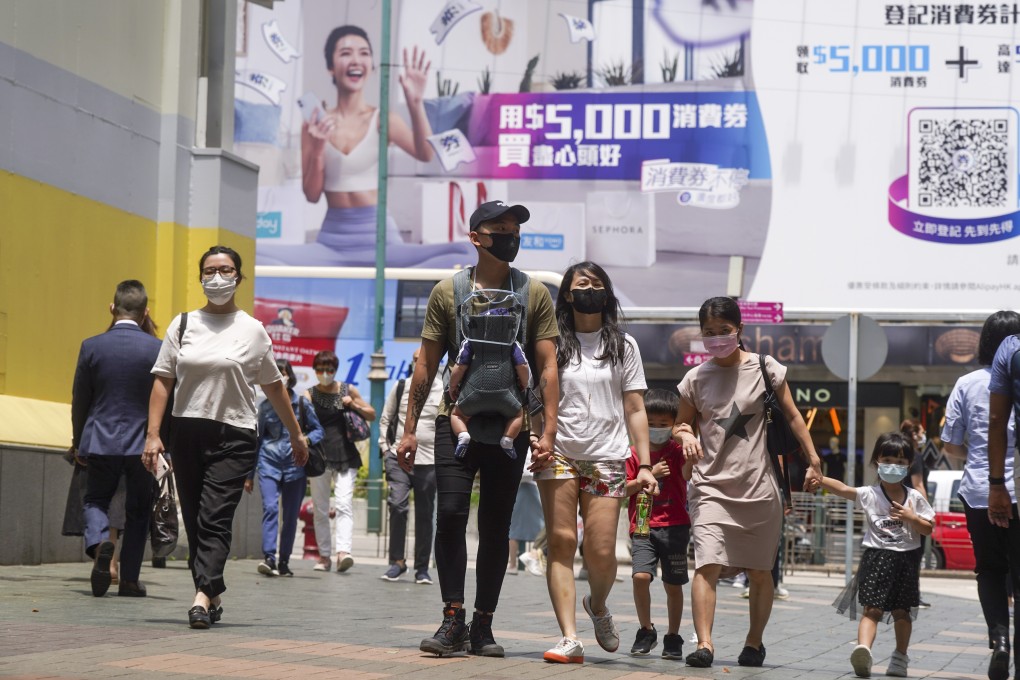New shopping app KaiKai woos Hong Kong consumers with two ‘pushed’ deals a day
- Shopping app KaiKai launched in Hong Kong last week is asking buyers to physically go and pick up their online orders at offline stores
- App was launched by Shanghai-based ad tech company Cosmose AI, but KaiKai says it does not share user data with Cosmose AI or use it for advertising

A new shopping app launched in Hong Kong named KaiKai is pushing targeted discount deals to consumers and allowing them to order online and then physically pick up their products at offline stores, offering what the company calls a “gamified” shopping experience in the city.
On its launch in Hong Kong on September 18 the app was the third most downloaded app on the city’s iOS app store as it wooed young consumers with two flash sale deals every day at 12pm and 8pm offering products at deep discounts. Its ranking in the iOS app store had dropped to about 66th in the shopping category as of Friday.
Offerings in the past few days included Apple’s popular earphones, AirPods Pro, sold originally at HK$1,999 (US$257) but listed on KaiKai at HK$1,000. It also offered Dyson’s Supersonic HD08 hair dryer at HK$2,398.60, compared with an official list price of HK$3,580, according to information gathered from the app.
The company sources products from brands and also distributors, said Roger Kan, district director of KaiKai Hong Kong, in an interview with the South China Morning Post on Friday.
If a shopper manages to beat others to reserving a product when a flash sale opens, they then have seven days to go to a physical store to pick up that order.
The app was developed by Shanghai-headquartered Cosmose AI, a technology firm created by founder Miron Mironiuk that tracks shopper locations for online advertising, but Kan said KaiKai does not share user location data with Cosmose AI. “We use different servers and we have different management teams. The data we collect from the KaiKai app is by no means shared with Cosmose.”